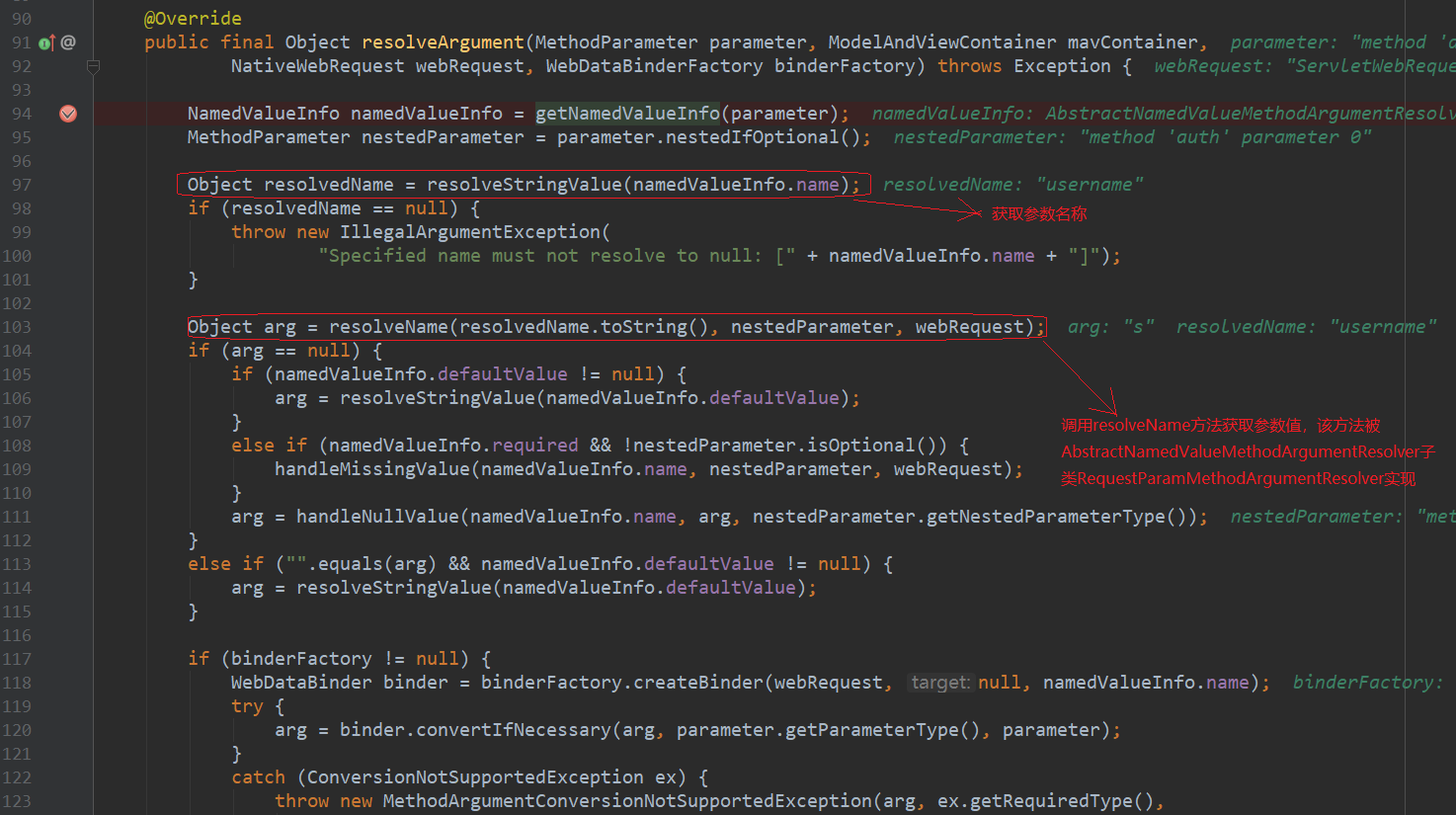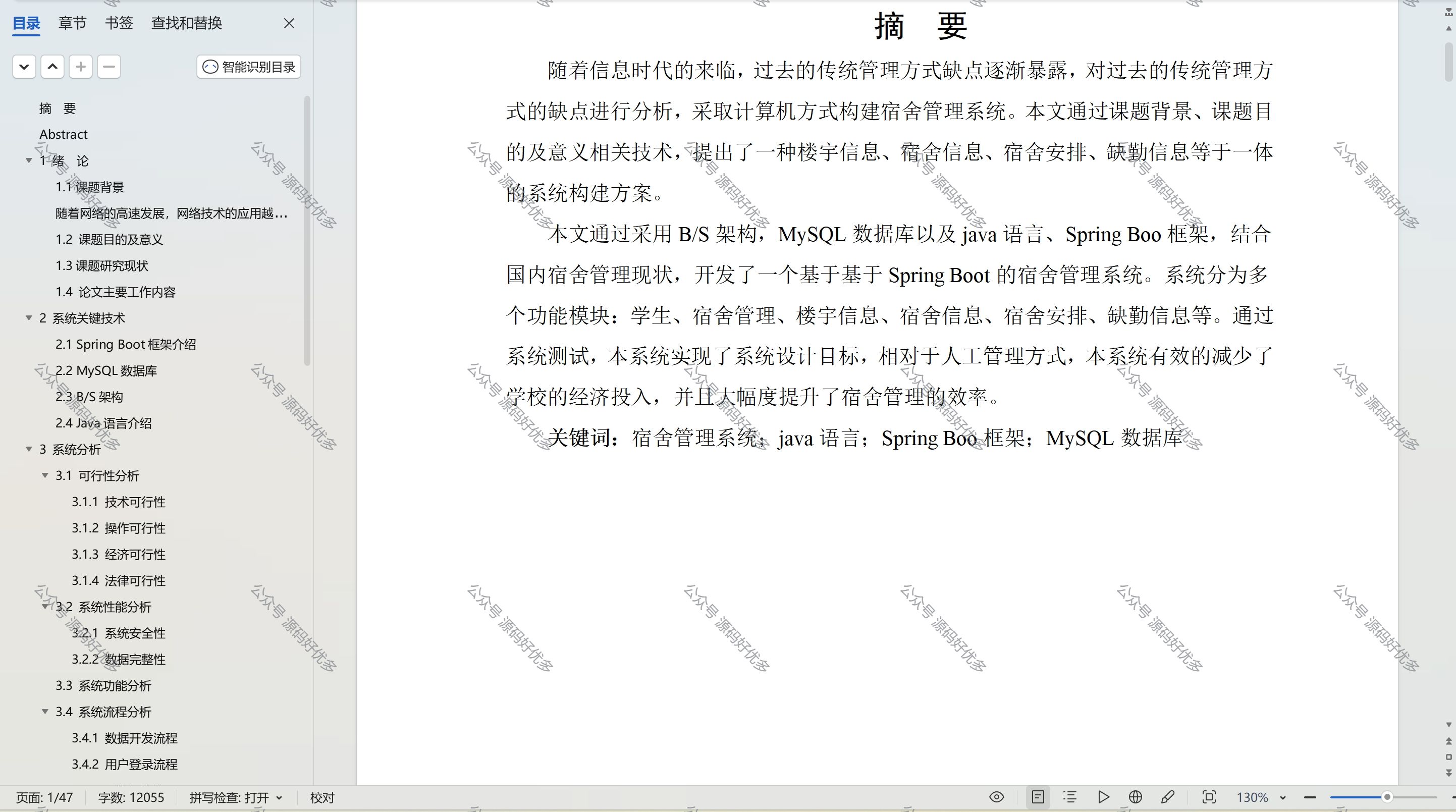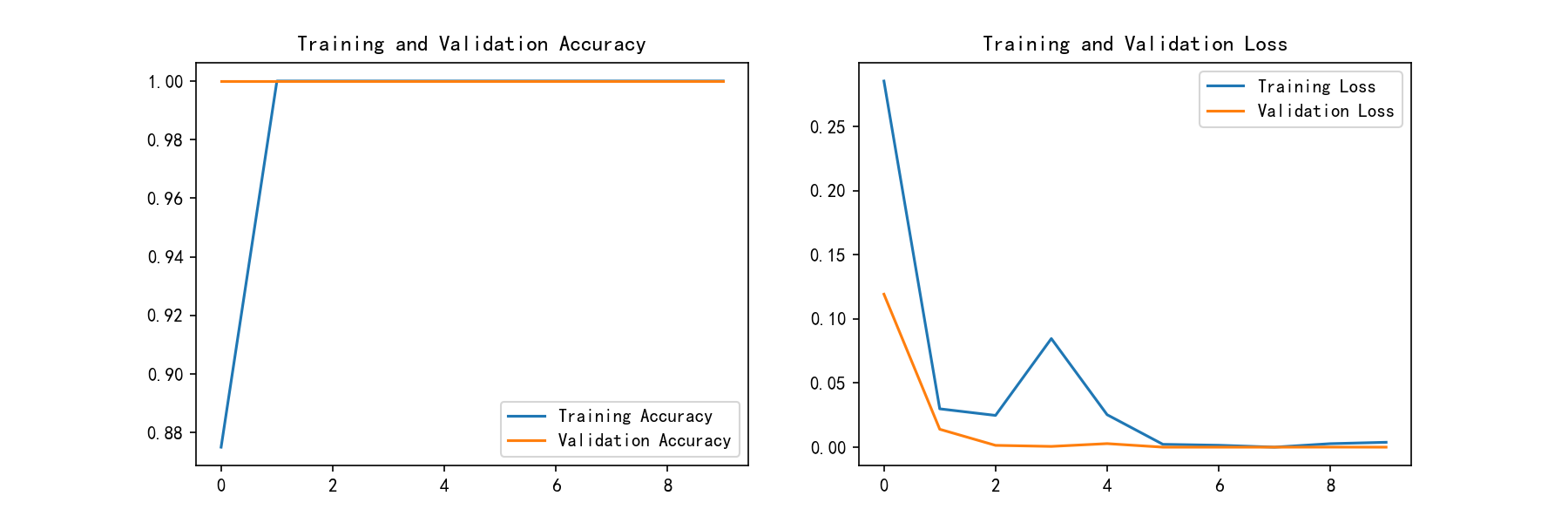window.location 和 new URL区别
都可以用来获取和解析 URL,但它们在功能和用途上有一些区别。下面详细解释它们之间的不同之处。
window.location
window.location 是浏览器提供的一个对象,用于获取当前页面的 URL 信息,并且可以用来导航到新的 URL。它包含了许多有用的属性和方法。
主要属性
href: 完整的 URL 字符串。
protocol: URL 的协议部分(例如 http: 或 https:)。
host: 主机名和端口(例如 example.com:8080)。
hostname: 主机名(例如 example.com)。
port: 端口号(例如 8080)。
pathname: 路径部分(例如 /path/to/resource)。
search: 查询字符串部分(例如 ?query=param)。
hash: 片段标识符部分(例如 #fragment)。
主要方法
assign(url): 加载新的文档。
reload(forcedReload): 重新加载当前文档。
replace(url): 替换当前文档 URL,不保留历史记录。
示例
const currentLocation = window.location;console.log(currentLocation.href); // 完整的 URL
console.log(currentLocation.protocol); // 协议部分
console.log(currentLocation.host); // 主机名和端口
console.log(currentLocation.hostname); // 主机名
console.log(currentLocation.port); // 端口号
console.log(currentLocation.pathname); // 路径部分
console.log(currentLocation.search); // 查询字符串部分
console.log(currentLocation.hash); // 片段标识符部分
new URL
new URL 是一个构造函数,用于创建一个新的 URL 对象。它可以解析任意的 URL 字符串,并提供类似于 window.location 的属性。
主要属性
href: 完整的 URL 字符串。
protocol: URL 的协议部分(例如 http: 或 https:)。
host: 主机名和端口(例如 example.com:8080)。
hostname: 主机名(例如 example.com)。
port: 端口号(例如 8080)。
pathname: 路径部分(例如 /path/to/resource)。
search: 查询字符串部分(例如 ?query=param)。
hash: 片段标识符部分(例如 #fragment)。
origin: URL 的源(协议、主机名和端口)。
示例
const currentUrl = window.location.href;
const url = new URL(currentUrl);console.log(url.href); // 完整的 URL
console.log(url.protocol); // 协议部分
console.log(url.host); // 主机名和端口
console.log(url.hostname); // 主机名
console.log(url.port); // 端口号
console.log(url.pathname); // 路径部分
console.log(url.search); // 查询字符串部分
console.log(url.hash); // 片段标识符部分
console.log(url.origin); // URL 的源
区别
用途:
window.location: 主要用于获取当前页面的 URL 信息,并提供导航功能。
new URL: 用于解析任意的 URL 字符串,提供更灵活的 URL 处理能力。
范围:
window.location: 仅限于当前页面的 URL。
new URL: 可以解析任何有效的 URL 字符串。
方法:
window.location: 提供了一些导航方法(如 assign、reload、replace)。
new URL: 没有导航方法,主要用于解析和操作 URL。
属性:
window.location: 提供了 origin 属性,但没有 origin 属性的 new URL 对象可以通过 url.origin 访问。
new URL: 提供了更多的属性和方法,如 searchParams,可以方便地处理查询字符串。
总结
window.location: 适用于获取当前页面的 URL 信息和导航操作。
new URL: 适用于解析和操作任意的 URL 字符串,提供更多灵活性和功能。
示例
const url = new URL('https://example.com:8080/path/to/resource?query=param#fragment');console.log(url.href); // 输出: https://example.com:8080/path/to/resource?query=param#fragment
console.log(url.protocol); // 输出: https:
console.log(url.hostname); // 输出: example.com
console.log(url.port); // 输出: 8080
console.log(url.pathname); // 输出: /path/to/resource
console.log(url.search); // 输出: ?query=param
console.log(url.hash); // 输出: #fragment
console.log(url.origin); // 输出: https://example.com:8080
protocol:
类型: String
描述: 返回 URL 的协议部分(包括冒号)。
示例: https:
hostname:
类型: String
描述: 返回 URL 的主机名部分。
示例: example.com
port:
类型: String
描述: 返回 URL 的端口部分(如果指定了端口)。
示例: 8080
pathname:
类型: String
描述: 返回 URL 的路径部分(从斜杠开始)。
示例: /path/to/resource
search:
类型: String
描述: 返回 URL 的查询字符串部分(从问号开始)。
示例: ?query=param
hash:
类型: String
描述: 返回 URL 的片段标识符部分(从井号开始)。
示例: #fragment
origin:
类型: String
描述: 返回 URL 的源(协议、主机名和端口)。
![PyCharm的类型警告: Expected type ‘SupportsWrite[bytes]‘, got ‘BinaryIO‘ instead](https://i-blog.csdnimg.cn/direct/87847e8b2a194ffbac7cd97289f49e5c.png)

















